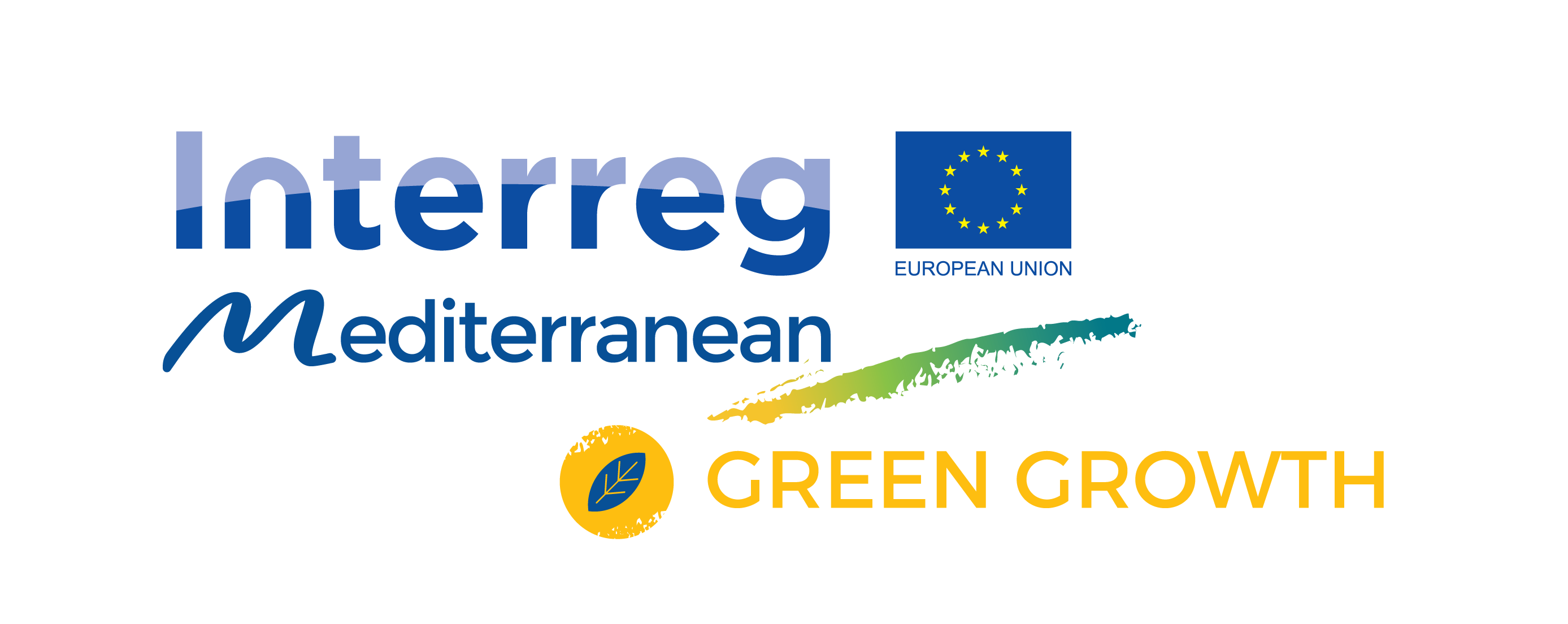The Union for the Mediterranean (UfM) and the Interreg MED Green Growth Community (GGC), coordinated by the BETA Technology Centre, have co-organised two workshops with the aim of sharing knowledge on green and circular economy practices to address some of the most important challenges in the Mediterranean region in terms of sustainability of food systems and sustainable consumption and production. Participants in the two sessions, which were conducted in English with simultaneous translation into French and Arabic, were able to learn from the experience acquired by various organisations through cooperation initiatives, programmes and projects such as FAO, PRIMA, Interreg MED, ENI CBC MED and SwitchMed, among others.
The first workshop, which took place on the 21st of October, focused on food waste and food waste and the management of organic waste in the Mediterranean region. On behalf of the BETA Technology Centre, Mercè Boy Roura welcomed the participants and introduced the work of the Green Growth community in this area. Afterwards, Sergio Ponsá explained the current situation regarding this topic at a global level, the challenges and opportunities to achieve the ambitious challenge of the EU related to the objectives of sustainable development.
Furthermore, Joan Colón had the opportunity to explain how the DECOST project implements decentralised composting solutions linked to urban agriculture projects in order to close the organic waste cycle locally in different countries of the region. Colón also stressed the importance of the MED4WASTE project, recently started, for the support it can offer in transferring and capitalising on the results obtained in projects such as DECOST on the valorisation of organic matter in other Mediterranean territories.
The second workshop, which took place on the 4th of November, focused on how eco-labelling creates opportunities for companies to move towards sustainability and for consumers to make more informed choices when purchasing products and services. The GGC projects PEFMED Plus and Aristoil shared their knowledge on sustainable production and consumption. Joan Colón also participated in the second session introducing the results of projects implemented by BETA Technology Centre, such as Innotranslact and the CalcPEFdairy calculation tool specially developed for calculating the environmental footprint of the dairy sector. Furthermore, Colón presented relevant experiences related to the eco-labelling of food products from the meat, dairy and alternative protein sources sectors.
The Green Growth Community and the UfM have been collaborating closely since 2019, the year in which this intergovernmental organisation officially recognised the efforts of the Green Growth Community to advance cooperation in the field of the green and circular economy in the Mediterranean region. Among the various collaborations, Mercè Boy Roura – coordinator of the Green Growth community – highlights the contribution of BETA Technology Centre in the conceptualisation of the 2030 Agenda for a Green Mediterranean (2030 GreenerMed Agenda) and the participation in the Environmental Working Group.
This piece of news was originally published in the University of Vic digital magazine
